There is something tragic about the civils rights movement—the very fact that it was needed in the first place. Why did it have to be such a big deal to give Blacks the right to vote? By today’s standards, it seems downright absurd to deny Blacks, or anyone else for that matter, this fundamental right.
It was that simple notion of voting that lingered anxiously in my mind this past Shabbat as I walked for hours through the streets of Selma, Alabama. I was on a Martin Luther King weekend solidarity mission organized by my friend Rabbi Shmuel Herzfeld, who runs the modern Orthodox Ohev Shalom synagogue in Washington, D.C. A few months ago, at his Shabbat table, Herzfeld invited me join his community for the three-day journey to honor the civil rights movement. Having a teenage daughter who loves any idea that includes the words “social” and “justice,” I signed up for the adventure.
Among the many things we did—including praying in a 117-year-old synagogue in Selma, visiting the home where Rabbi Abraham Joshua Heschel spent the night before marching with King, and crossing the Edmund Pettus bridge that kicked off that famous five-day march from Selma to Montgomery in 1965—I think what stuck with me the most was that long afternoon walking with my daughter through the decaying town of Selma.
Two ideas clashed during our walk—hope versus despair. In a museum, I would see words of hope from heroic quotes such as this one, from President Lyndon Johnson in 1965:
“The vote is the most powerful instrument ever devised by man for breaking down injustice and destroying the terrible walls which imprison men because they are different from other men.”
This is the part of Selma that reminds you of how oppressive things used to be during the days of segregation, when Blacks could not even pull up at an ice cream counter or register to vote.
But as we walked through streets with abandoned buildings and broken down homes, with one storefront after another peddling “pay day loans” and a boarded-up building with an old “Rite-Aid” sign, I couldn’t help thinking about the limits of Johnson’s “most powerful instrument ever devised by man.”
What good is the powerful freedom to vote if you’re living in a place that feels like an enormous prison with a Walmart?
What good is the right to pick your political leaders if those leaders keep betraying you?
President Johnson saw this coming in his 1965 speech, which is why he challenged Black leadership to move beyond the success of the civil rights movement:
“This act is not only a victory for Negro leadership. This act is a great challenge to that leadership. It is a challenge that cannot be met simply by protest and demonstrations.”
When you see the sad state of Selma today, it’s hard not to conclude that this town of 20,000 mostly Black residents is in need of strong leadership– at the local, state and federal levels.
One of the few remaining Jews in Selma shared some candid thoughts with me about how Selma is often used by political leaders at all levels for “photo-opportunities”— to burnish their street cred for fighting for Black rights.
Fighting for “rights,” though, doesn’t seem to be the dream of the day in Selma. They have every right to walk into a movie theater, but the theater burned down years ago and was never replaced. They have every right to vote for the candidate of their choice, but their lives are as miserable as ever.
No, the dream I saw as I walked through Selma on Shabbat was the dream to make a decent living and put those “pay-day loans” hustlers out of business.
We saw a ray of hope at our Shabbat dinner Friday night. His name is Darrio Melton, the young new Black mayor of Selma. If he takes his job as seriously as he takes his city, there is hope. “Selma is the birthplace of American democracy,” he told us, meaning that until Blacks got their civil rights, America could not claim to be a real democracy.
In speaking with us, both publicly and in private, it was clear that Melton would love nothing more than to attract more visitors to his little town. Maybe that’s why his key campaign promise was to address the city’s current crime problem. He understands that no city can succeed and attract jobs and businesses until it makes it safe to do so.
Melton has benefitted from the Black right to vote. If he fails to deliver on his promises, he will diminish the power of this basic right. But if he does deliver, he will honor the “most powerful instrument ever devised by man” and the many who were forced to fight for something they should never have had to fight for.








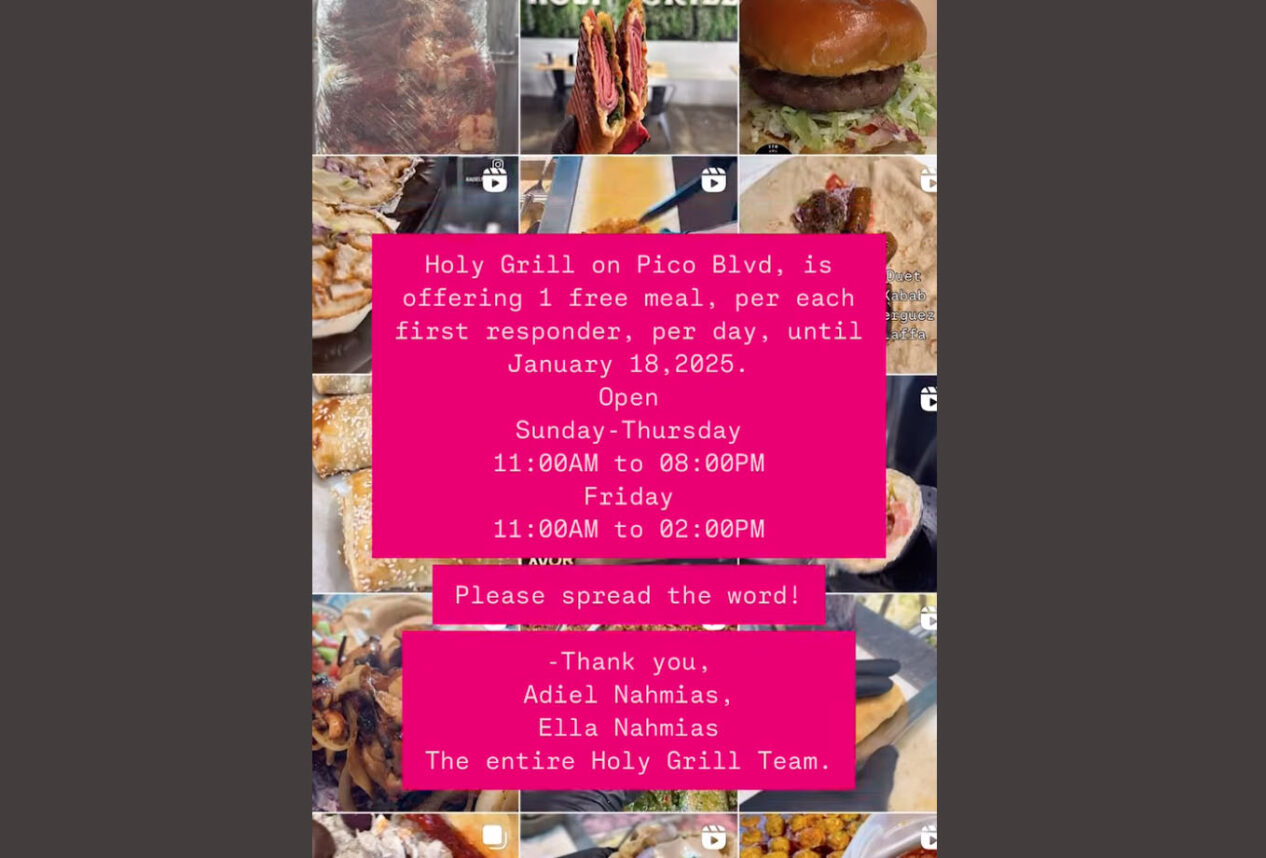
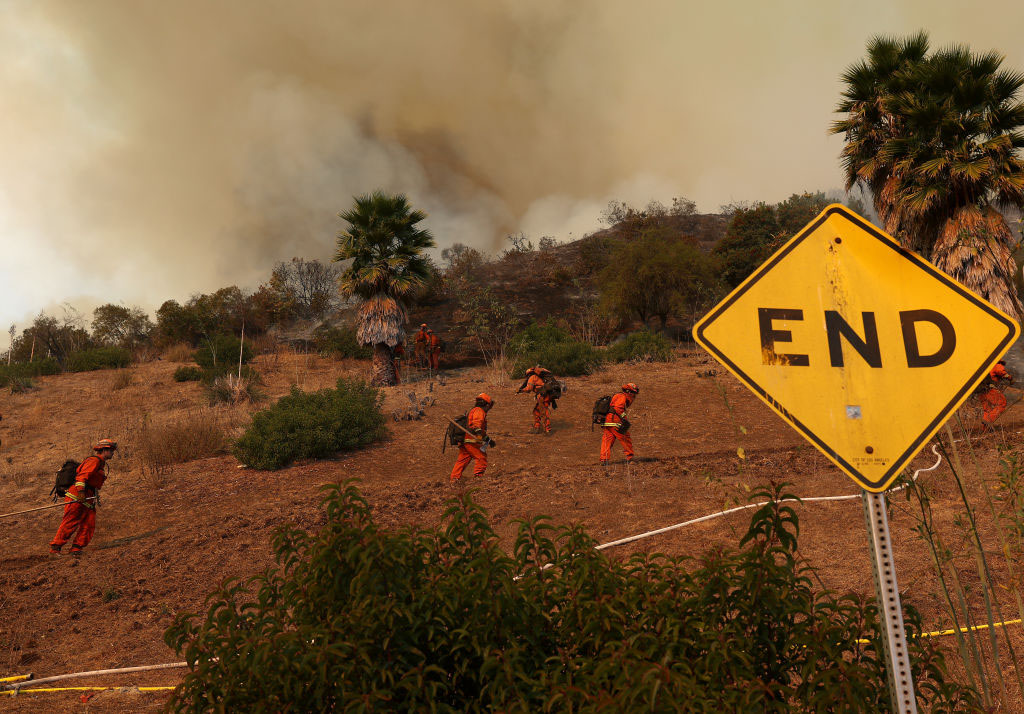
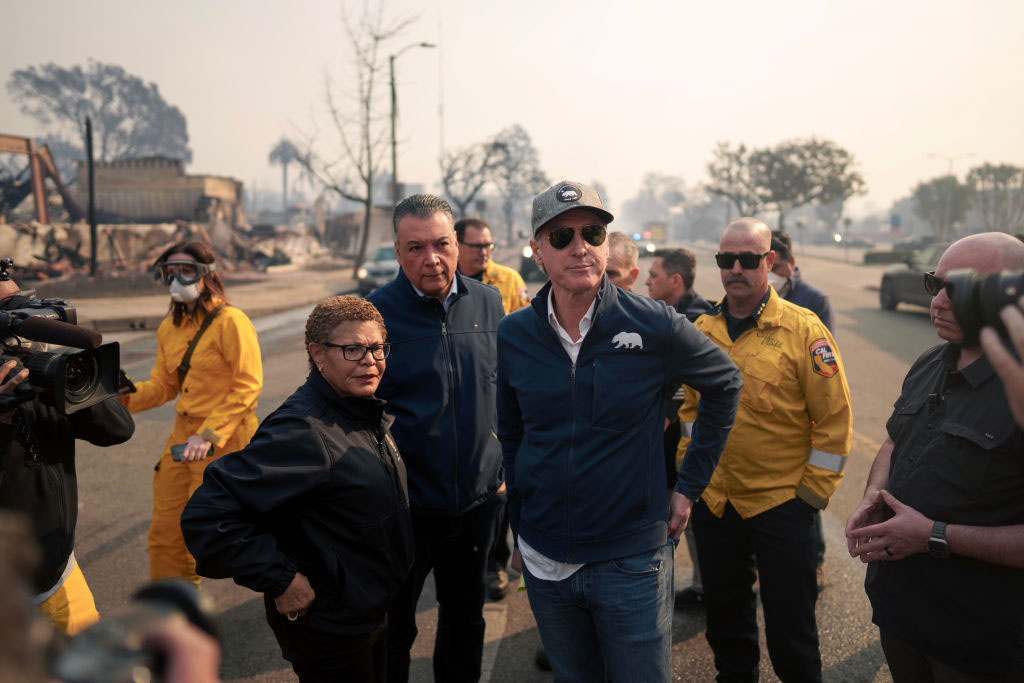
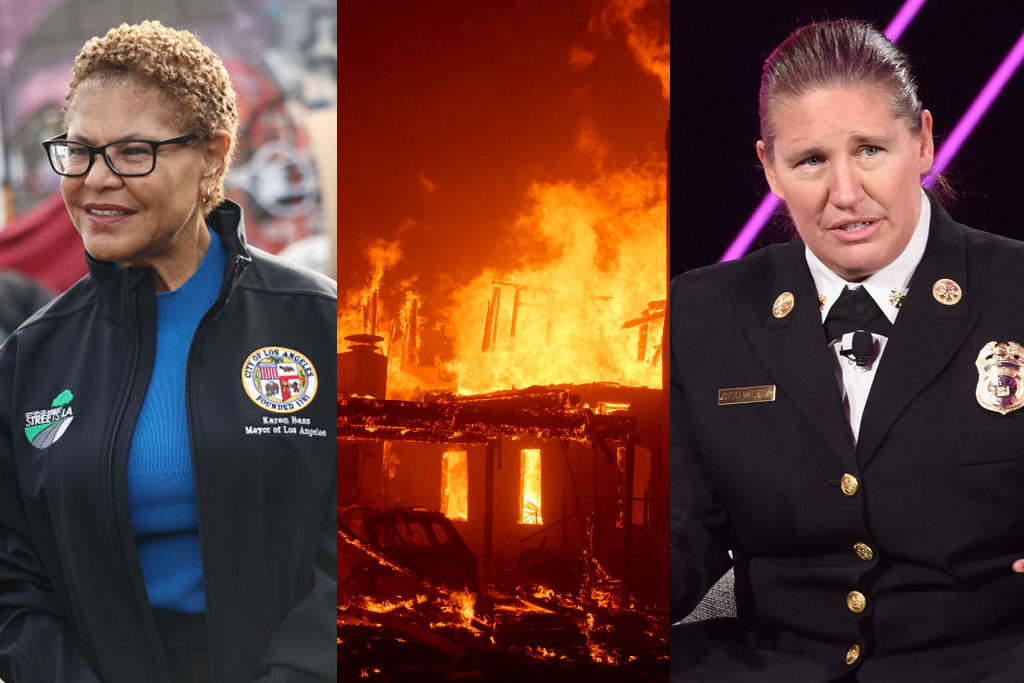
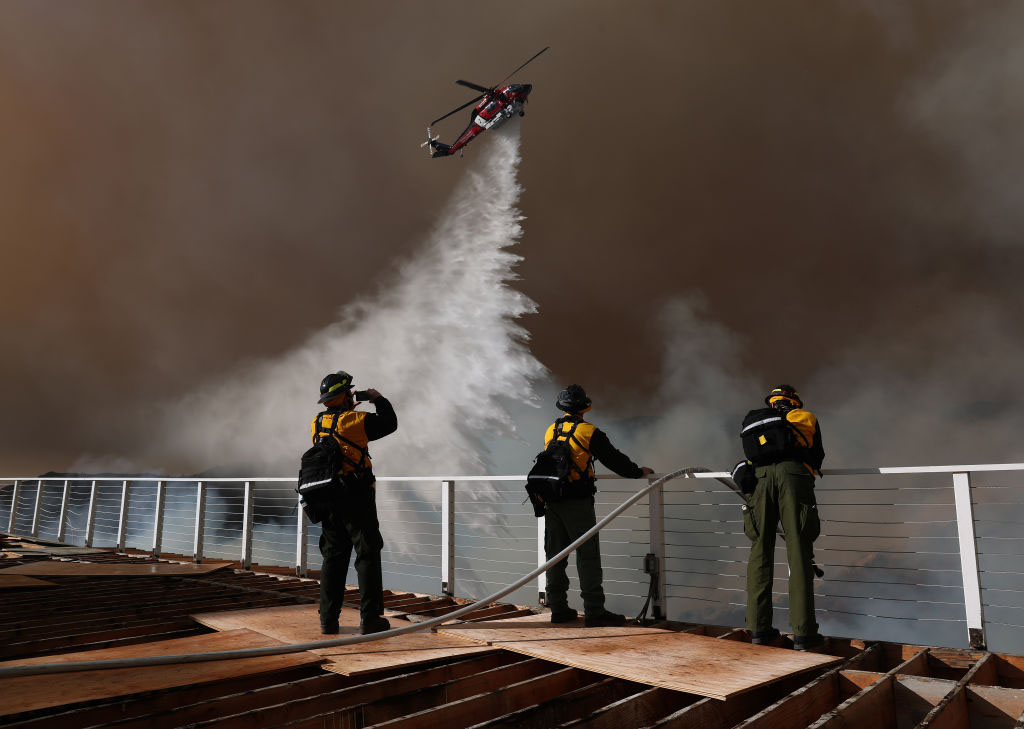
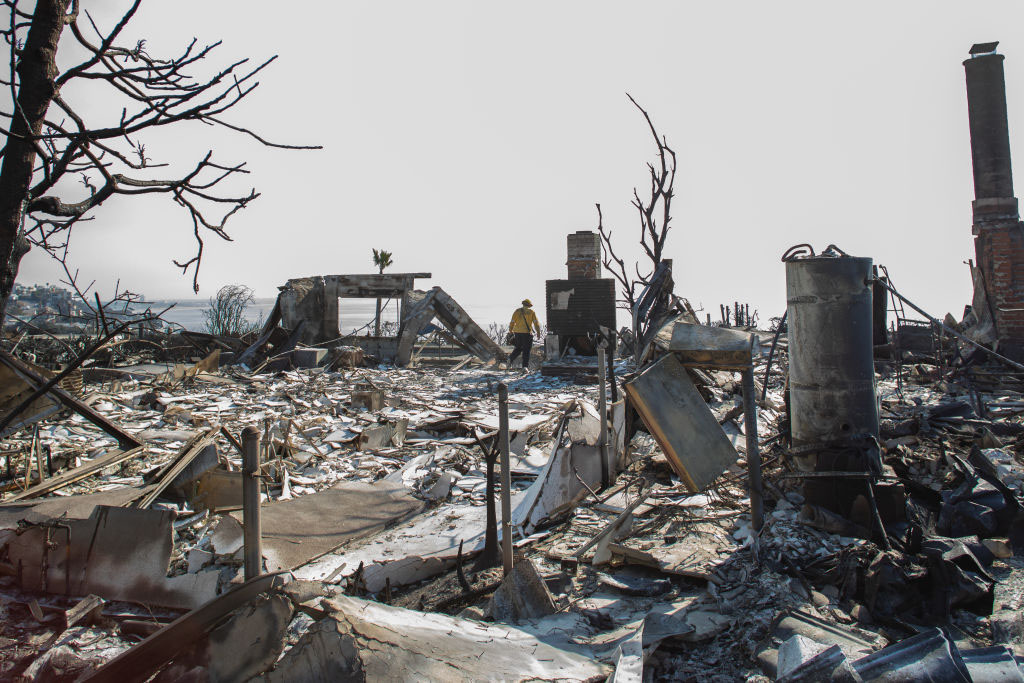
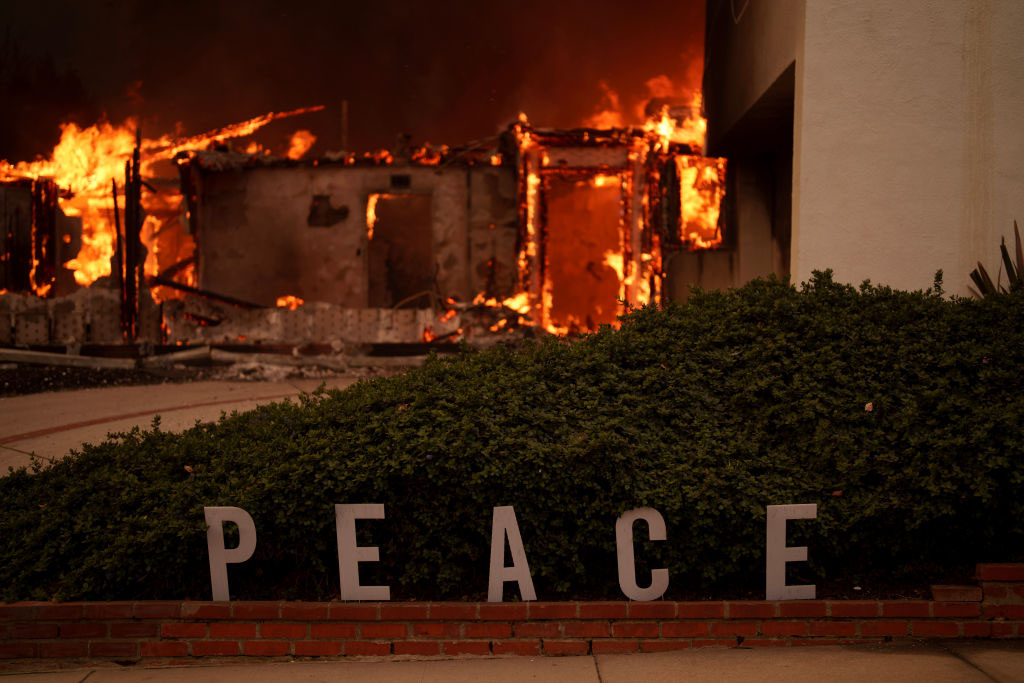
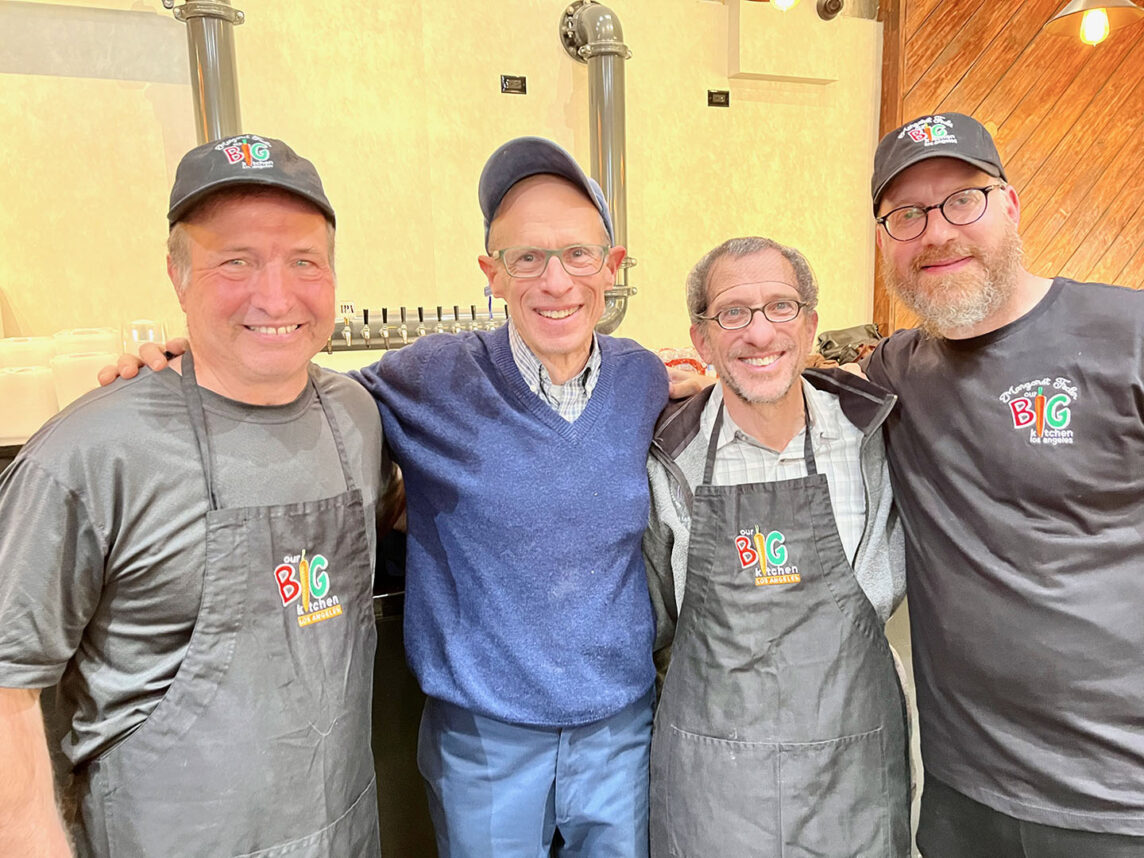
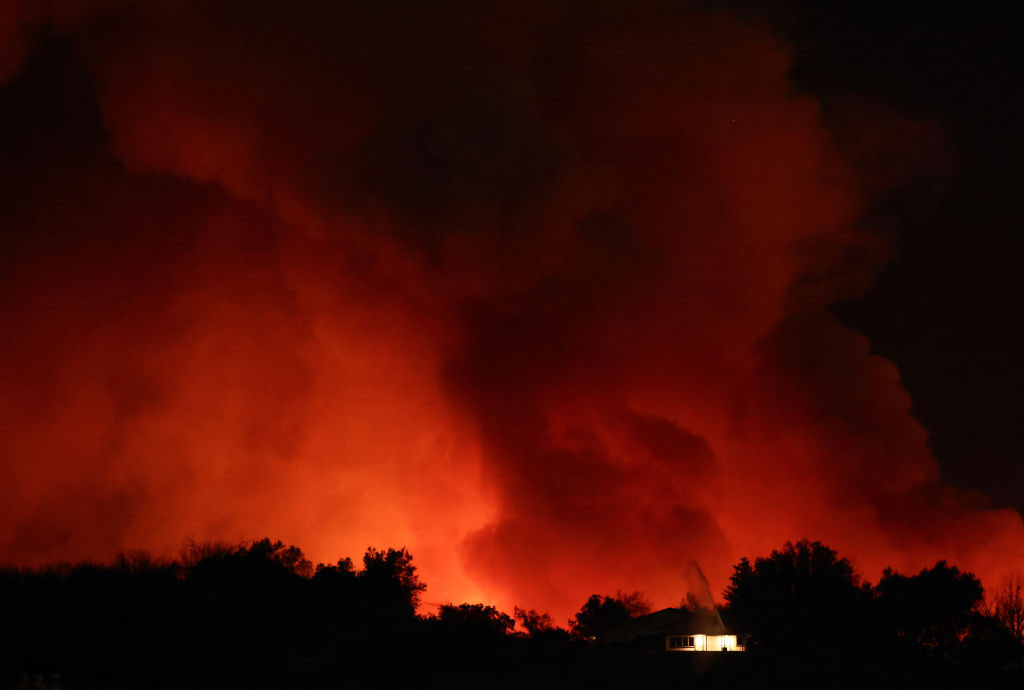




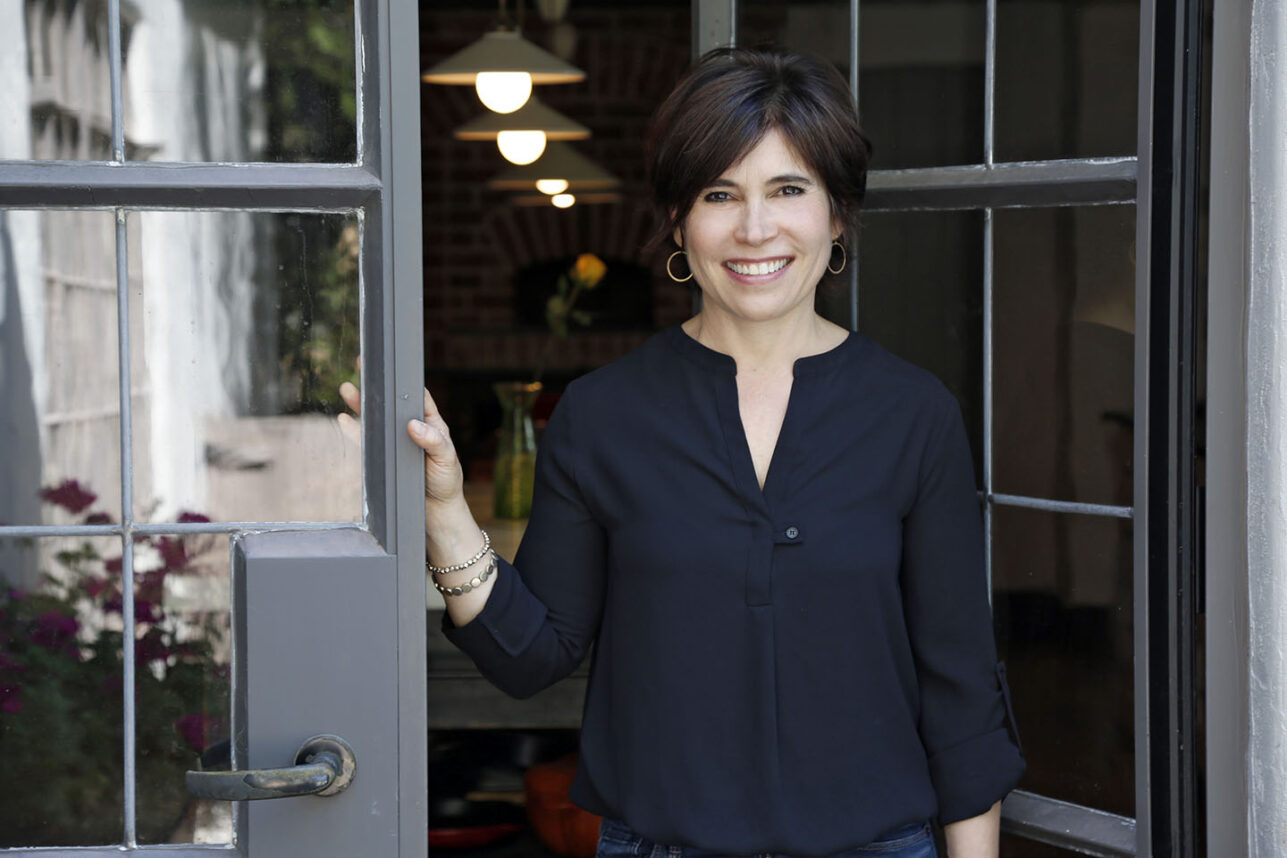


 More news and opinions than at a Shabbat dinner, right in your inbox.
More news and opinions than at a Shabbat dinner, right in your inbox.